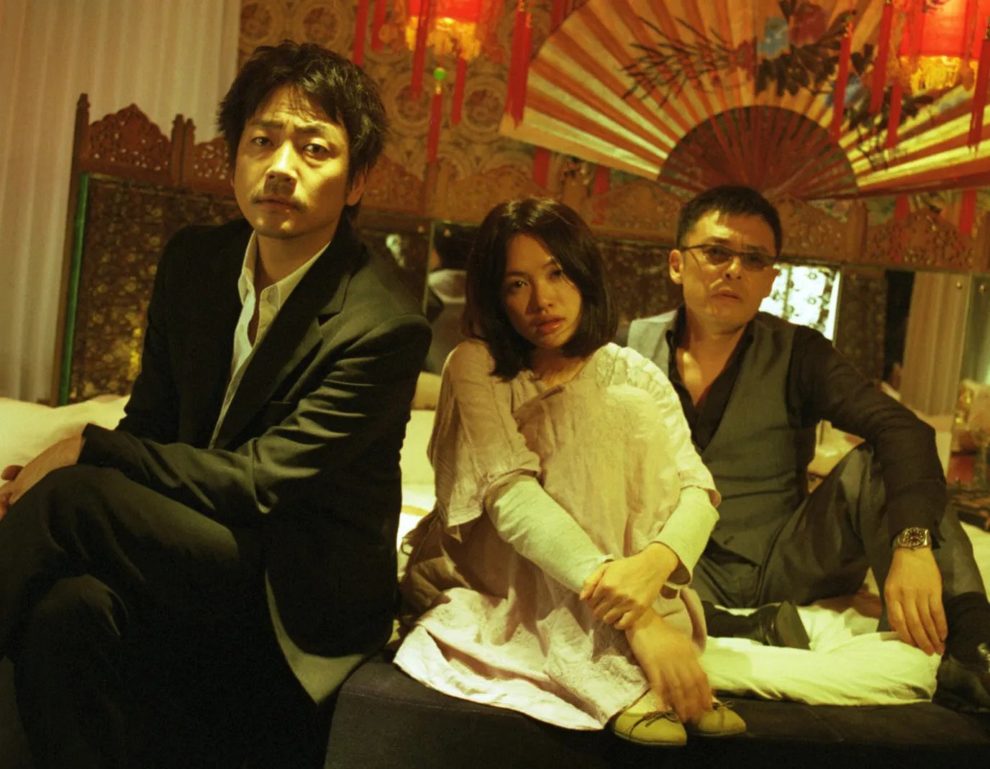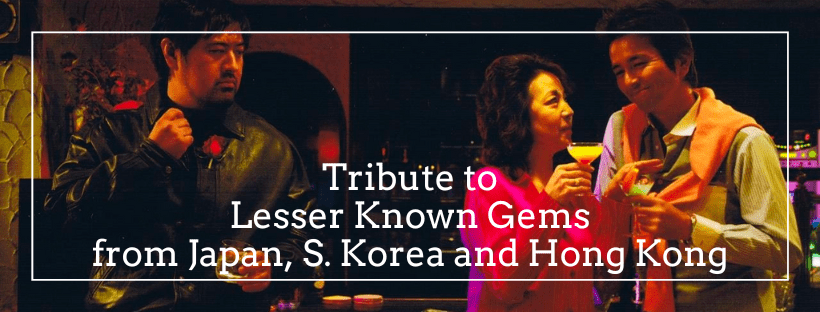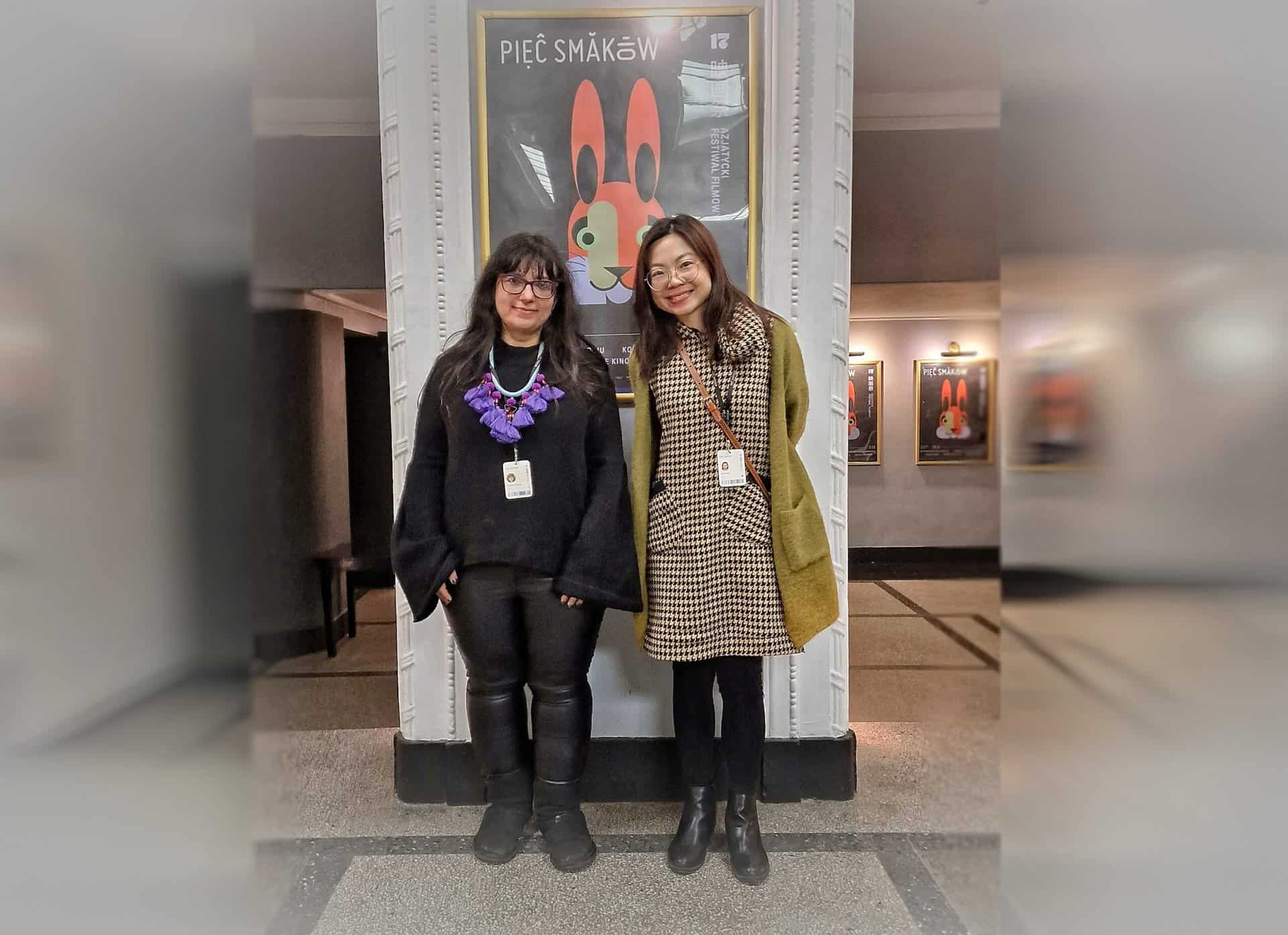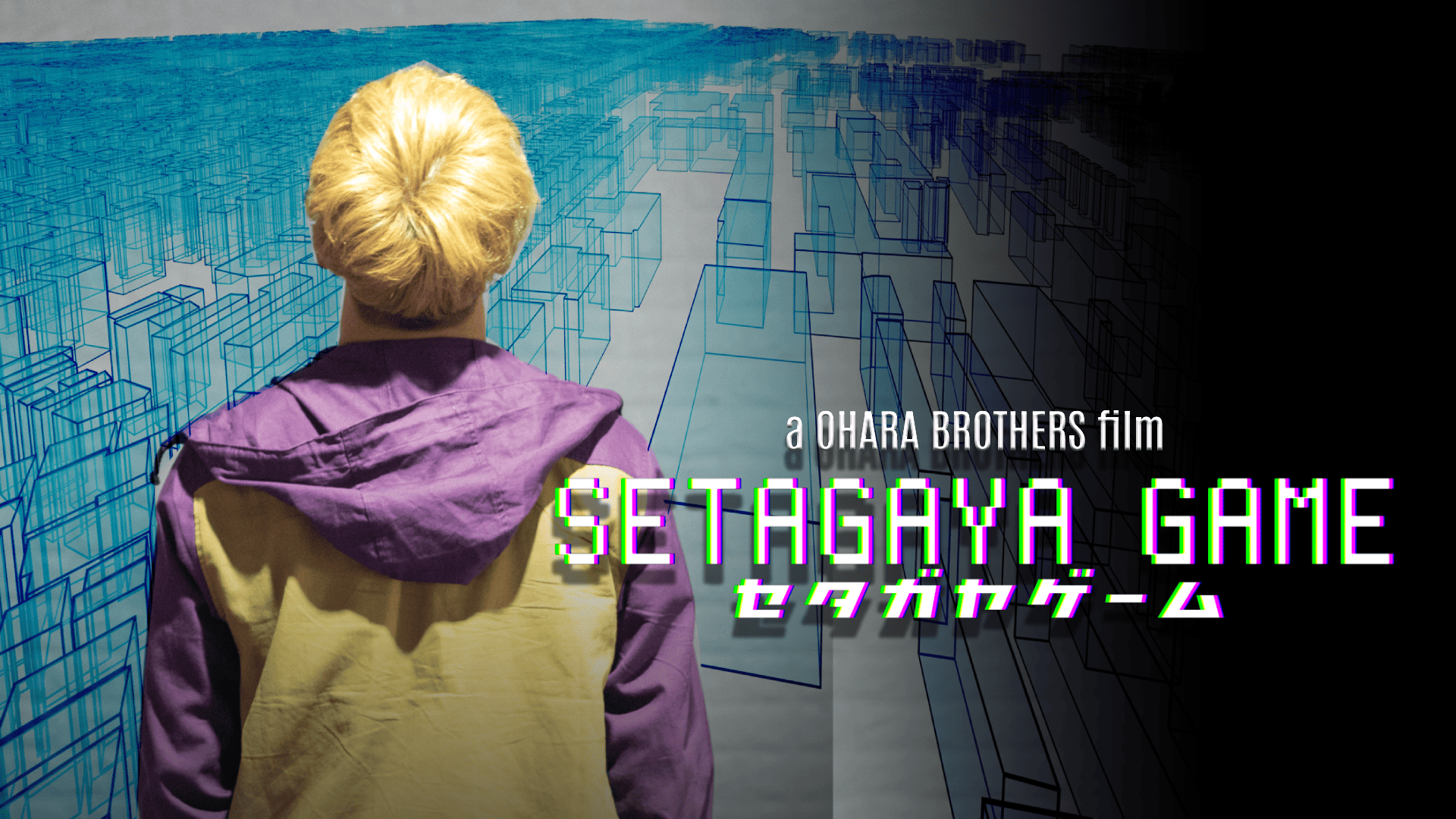Films about the sex clubs in Tokyo and the “underworld” that usually surrounds them come out pretty frequently from the Japanese movie industry. Yosuke Okuda tries to make a difference in the genre by introducing some additional elements while stripping his movie completely from sex and nudity, in a effort, though, that ends up particularly faulty.
Buy This Title
on Amazon by clicking on the image below
As the movie begins, a failing student who tries to study English attacks a construction crew due to the noise they make. When he grabs a hammer all the workers are completely scared, with the exception of Katsutoshi, who ends up killing the young man. A bit later, he finds refuge in the sex club of an old acquaintance, Seikichi, while gradually revealing himself as a genuine ‘mad dog” despite his appearance suggesting otherwise. The club, however, has its own story arc, revolving around Takahiro, the man in charge of coercing customers to enter the premises, and Eriko, one of the employees, who informs him that she is expecting his baby. A frantic Takahiro ends up stealing his boss's money in an effort to get away with her, but as Katsutoshi has already begun a violent spree, enervating the local mob boss, Takeo, soon all hell breaks loose.
Yosuke Okuda seems to try to present life in the sex industry, as a world where sex, violence, organized crime, and a lot of lowlives and misfits inhabit. However, apart from some moments depicting the fact that the women working have no say in anything that happens to them, there is not much commentary here, with the movie ending up a series of episodes that only worsen the situation of the protagonists, none of which is particularly likable. Furthermore, the episodes themselves seem completely disconnected from each other and the narrative as a whole, with the exception that they happen in the same area. There is no reason why Katsutoshi receives so much help from Seikichi, apart from a brief mention of a past favor, neither Takahiro's reaction when he learns about Eriko's pregnancy, not to mention how he eventually changes his attitude, emerging as a true bastard.
In the same fashion, the naivety of boss Takeo, who keeps giving opportunities to Katsutoshi and Seikichi to get forgiven for their deeds, each time ending up screwed up even worse, is also unjustifiable. As such, the finale, the most violent and potentially the most dramatic scene in the movie, ends up as completely impactless, since no empathy regarding the characters and their fate has been created before it takes place.
What remains are a few elements here and there, which deem the movie not a complete failure. The visual presentation of the sex clubs, hotels, and the shops that surround them are impressive on occasion, with DP Takahiro Imai capturing the setting in all its appalling glory, with the sepia tones that dominate the images working quite well here. Atsuro Hirai's work in the production design is also quite good, particularly in the club and the hotel room, while Takuya Onodera's editing results in a very fitting, frequently quite face pace. Furthermore, Nao Omori is once more great as Katsutoshi, portraying a man that looks calm and average, but has intense violent outbursts when no one is expecting it. That he ends up being the only decent individual male in the film with his last decision, cements an overall quite cool persona.
These elements, however, are definitely not enough to deem “Tokyo Playboy Club” a good movie, with the issues in the writing and directing by Okuda condemning the movie to mediocrity

















